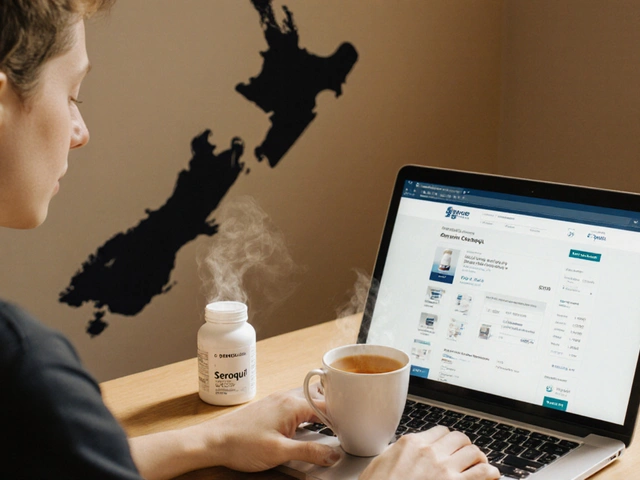How to Strengthen Your Immunity with Simple Steps and Smart Supplements
Everyone wants a system that can fight off colds, flu, and daily stressors. The good news is you don’t need fancy gadgets—just a few daily habits and the right supplements can make a big difference. Below you’ll find clear, research‑backed advice you can start using today.
Everyday habits to support your immune system
Sleep is the foundation. Aim for 7‑9 hours of uninterrupted rest; lack of sleep reduces the number of infection‑fighting cells. Pair that with a balanced diet rich in fruits, vegetables, and lean protein. Foods high in vitamin C (citrus, bell peppers) and zinc (nuts, beans) give immune cells the fuel they need.
Regular movement matters too. Even a brisk 20‑minute walk boosts circulation, helping immune cells travel faster. Manage stress with breathing exercises or short meditation sessions—chronic stress releases cortisol, which can weaken immunity.
Supplements with research‑backed benefits
If your diet falls short, consider adding a supplement. Our guide to noni (Morinda citrifolia) shows that the fruit’s antioxidants can help reduce oxidative stress, a factor that taxes the immune system. The safe dose is typically 1‑2 tablespoons of juice or a 500 mg capsule per day, but start low and watch for stomach upset.
For thyroid‑related immune issues, selenium has solid evidence, especially for Graves’ disease eye symptoms. A daily dose of 100‑200 µg of selenomethionine is enough for most adults; exceeding 400 µg may cause toxicity, so stick to the recommended range.
Tannic acid is another plant compound gaining attention. In moderate amounts (about 100 mg per day), it may support gut health, which is closely linked to immunity. Look for standardized extracts and avoid high‑dose products that could irritate the stomach.
If weight loss is part of your health plan, pyruvate might help keep energy levels steady while you cut calories. Some studies suggest it can modestly improve metabolic rate, which in turn supports a well‑functioning immune response. A typical dose is 3‑5 grams split across meals, taken with food to limit stomach discomfort.
When adding any supplement, check for interactions with prescription meds. For example, high‑dose selenium can affect thyroid medication, and tannic acid may interfere with iron absorption. Always read the label and, if you’re on chronic meds, ask your pharmacist.
Finally, quality matters. Choose products that list the exact amount of active ingredient, have third‑party testing, and come from reputable manufacturers. Cheap, unverified powders often contain fillers or contaminants that can harm rather than help.
By combining solid sleep, a nutrient‑dense diet, regular activity, and the right supplements, you give your immune system the best chance to stay strong. Start with one change at a time—maybe a new bedtime routine or a daily noni capsule—and watch how you feel over the next few weeks.

Star Anise Supplements for Immunity & Inflammation: Benefits, Dosage, and Safety (2025 Guide)
Do star anise supplements really help immunity and inflammation? Get evidence, safe dosage, forms, side effects, and buying tips-clear, science-backed, 2025.
Aug 13 2025




